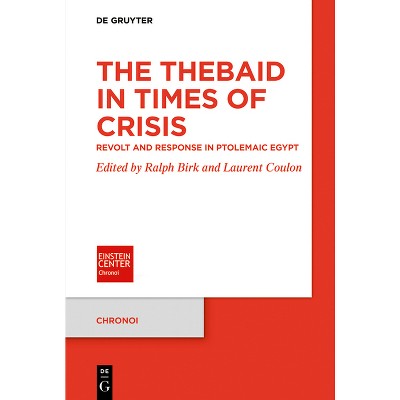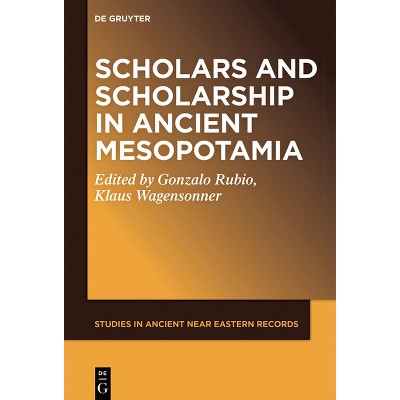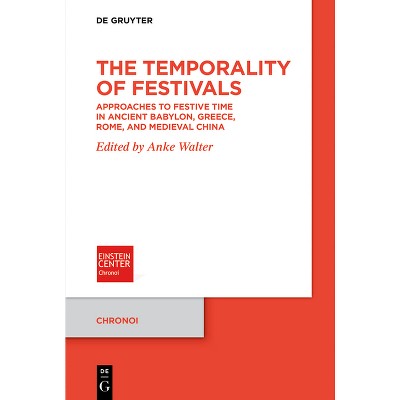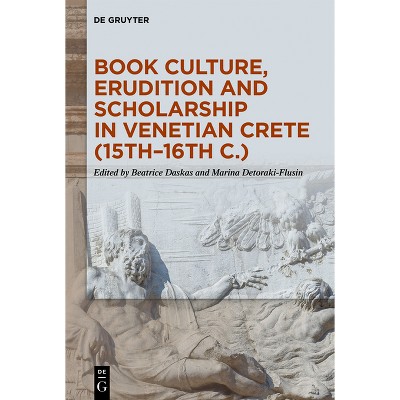Sponsored

Conceptions of Cyclicity in Babylonian and Greco-Roman Scholarship - (Chronoi) by Mathieu Ossendrijver (Paperback)
Pre-order
Sponsored
About this item
Highlights
- What did ancient Mesopotamian, Greek, and Roman scholars know about the cyclicity of astronomical phenomena, how did they conceptualize cyclicity, and which other phenomena did they consider to be cyclical?
- About the Author: Mathieu A.J.H. Ossendrijver, Freie Universität Berlin, Germany.
- 98 Pages
- Religion + Beliefs, Biblical Criticism & Interpretation
- Series Name: Chronoi
Description
About the Book
Chronoi. Zeit, Zeitempfinden, Zeitordnungen - Time, Time Awareness, Time Management ist eine akademische Buchreihe, die Forschungsergebnisse publiziert, die aus der Arbeit des Einstein Center Chronoi hervorgegangen sind. Das Einstein Center Chronoi wurde gegründet, um Zeit und verwandte Aspekte wie Zeitbewusstsein, Zeitmanagement, Zeitwahrnehmung und Zeitlichkeit in interdisziplinärer und transdisziplinärer Weise zu untersuchen.
Book Synopsis
What did ancient Mesopotamian, Greek, and Roman scholars know about the cyclicity of astronomical phenomena, how did they conceptualize cyclicity, and which other phenomena did they consider to be cyclical? This study explores astronomical, astrological, and other scholarly sources, including previously ignored ones, in order to answer these questions. Particular attention is paid to the role of planetary cycles and questions of cross-cultural knowledge transfer. A new account is given of how knowledge of cyclicity, its conceptualization, and its use in predictive practices developed in Babylonia and the Greco-Roman world from the first millennium BCE until Late Antiquity. It is argued that the predictive turn in Babylonian astronomy and astrology led to a new understanding of how astronomical and earthly phenomena are interconnected through time and space. The emergence of horoscopic astrology led to the question of whether human existence is determined by cycles. Even the universe as a whole is governed by cycles according to Plato and later Greco-Roman scholars.
About the Author
Mathieu A.J.H. Ossendrijver, Freie Universität Berlin, Germany.
Shipping details
Return details
Trending Non-Fiction











